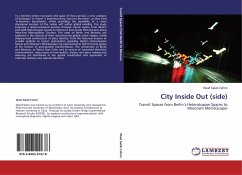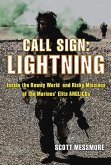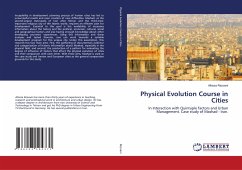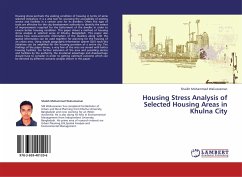In a territory where non-place and space of flows prevail, a new category of landscape in transit is experienced by users on the move , as they cross in-between boundaries', whilst providing the possibility of a more situational location of the 'urban self' within global mobility. The study proposes a spatio-temporal journey through transit spaces from Berlin's post-GDR Heterotopian Spaces to Moscow's post-Soviet Metro(scape) along West-East Metropolitan Corridor. The cases of Berlin and Moscow are explored in the context of their reconstructed global urban images, whilst shaping local construction of place identity. From the historical erasure of socialist symbols to recent postmodern spatiality, Berlin's Heterotopian Spaces and Moscow's Metro(scape) are experienced as hybrid transit spaces at the frontier of post-socialist transformation. The reinvention of Berlin and Moscow, as World Class Cities and as venues of contested West-East transformation, raises issues of how politics, history, and place making and visioning are interlinked in the spatial constitution and expression of collective memory and cultural identities.
Bitte wählen Sie Ihr Anliegen aus.
Rechnungen
Retourenschein anfordern
Bestellstatus
Storno








